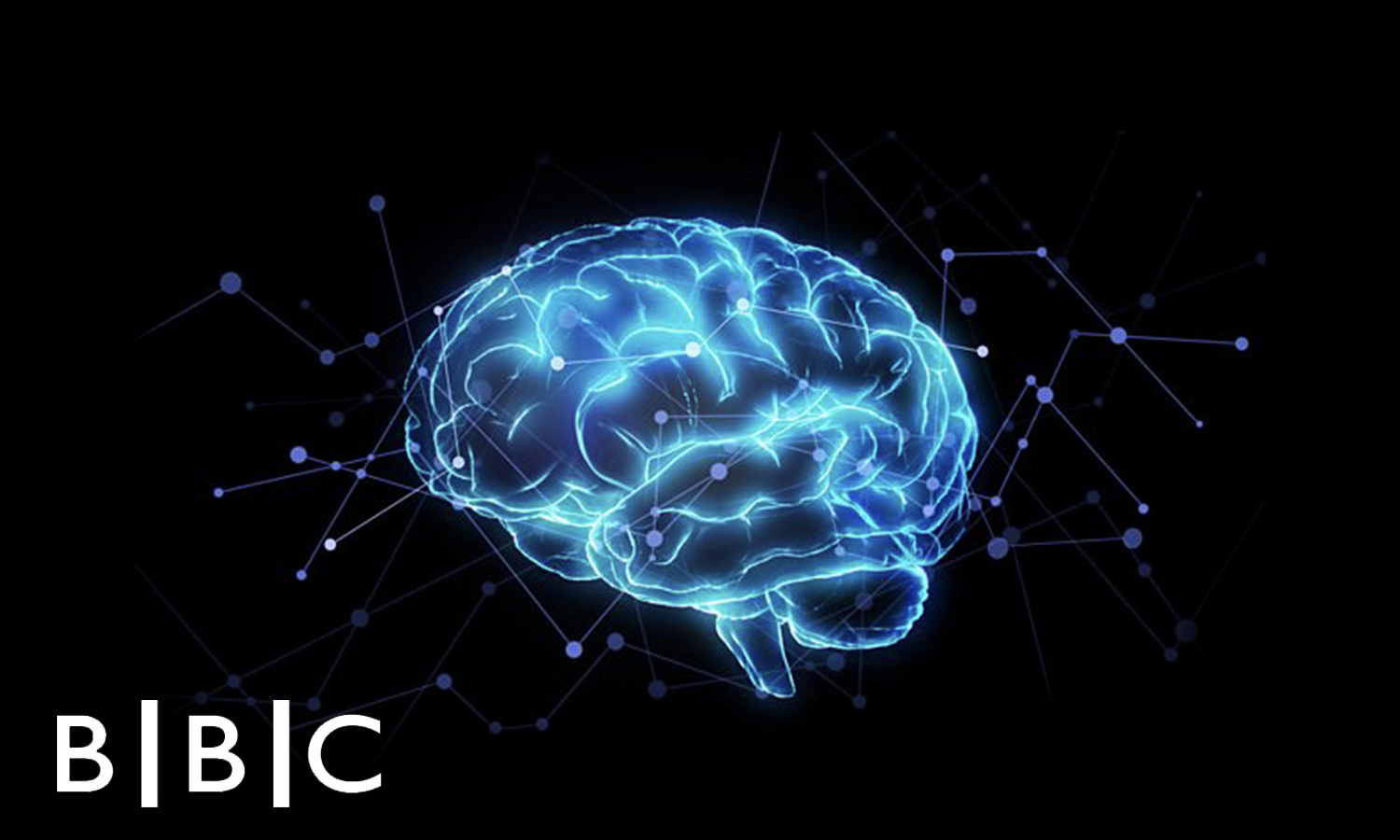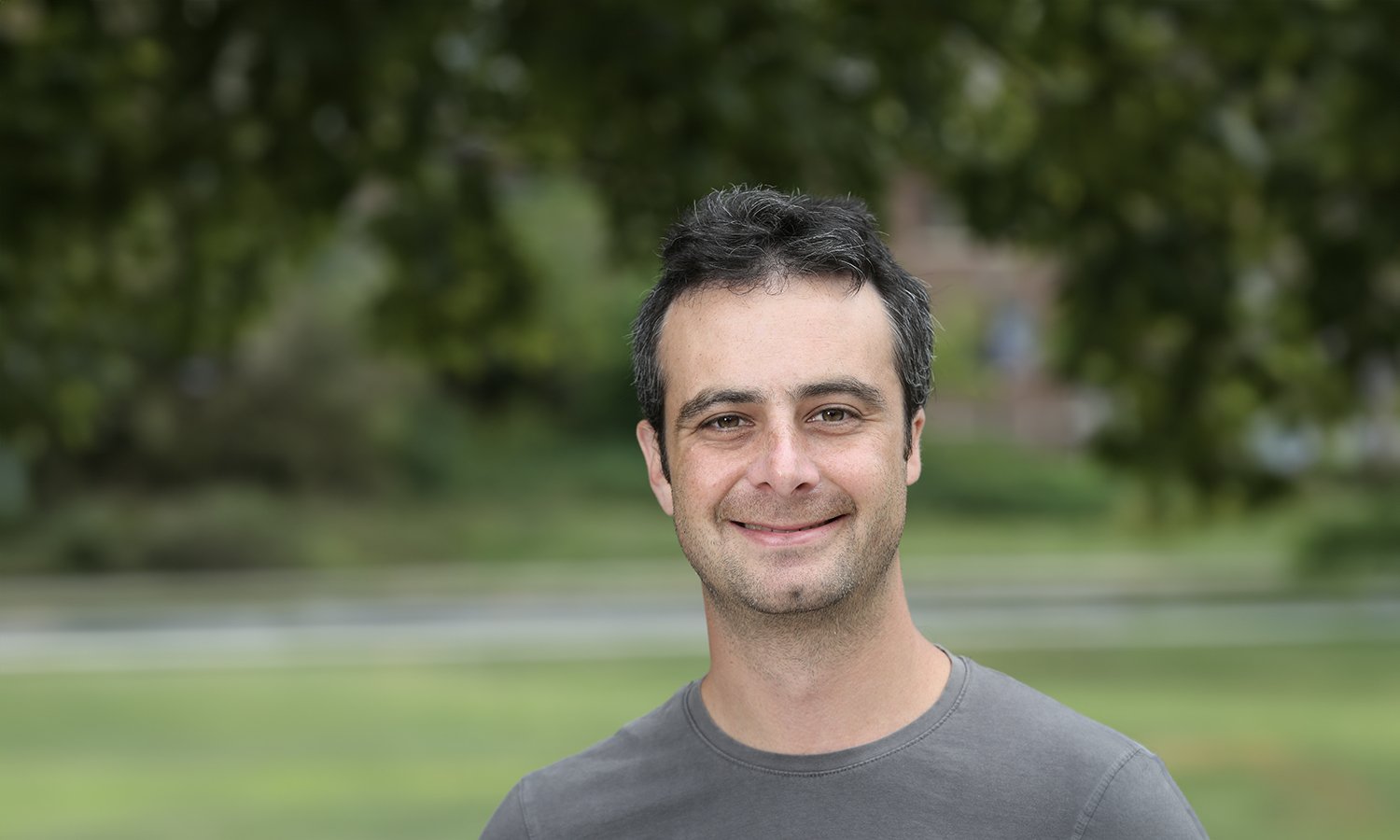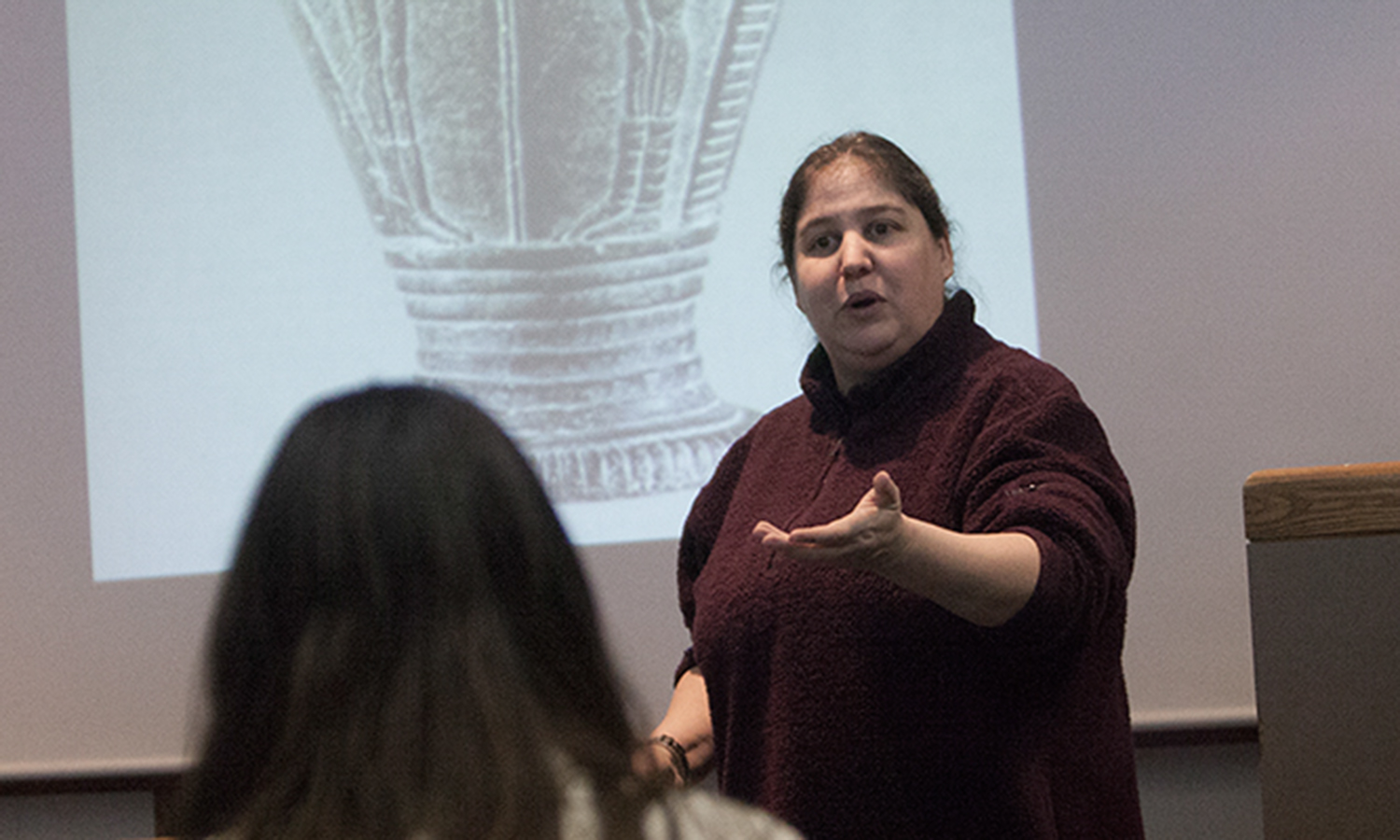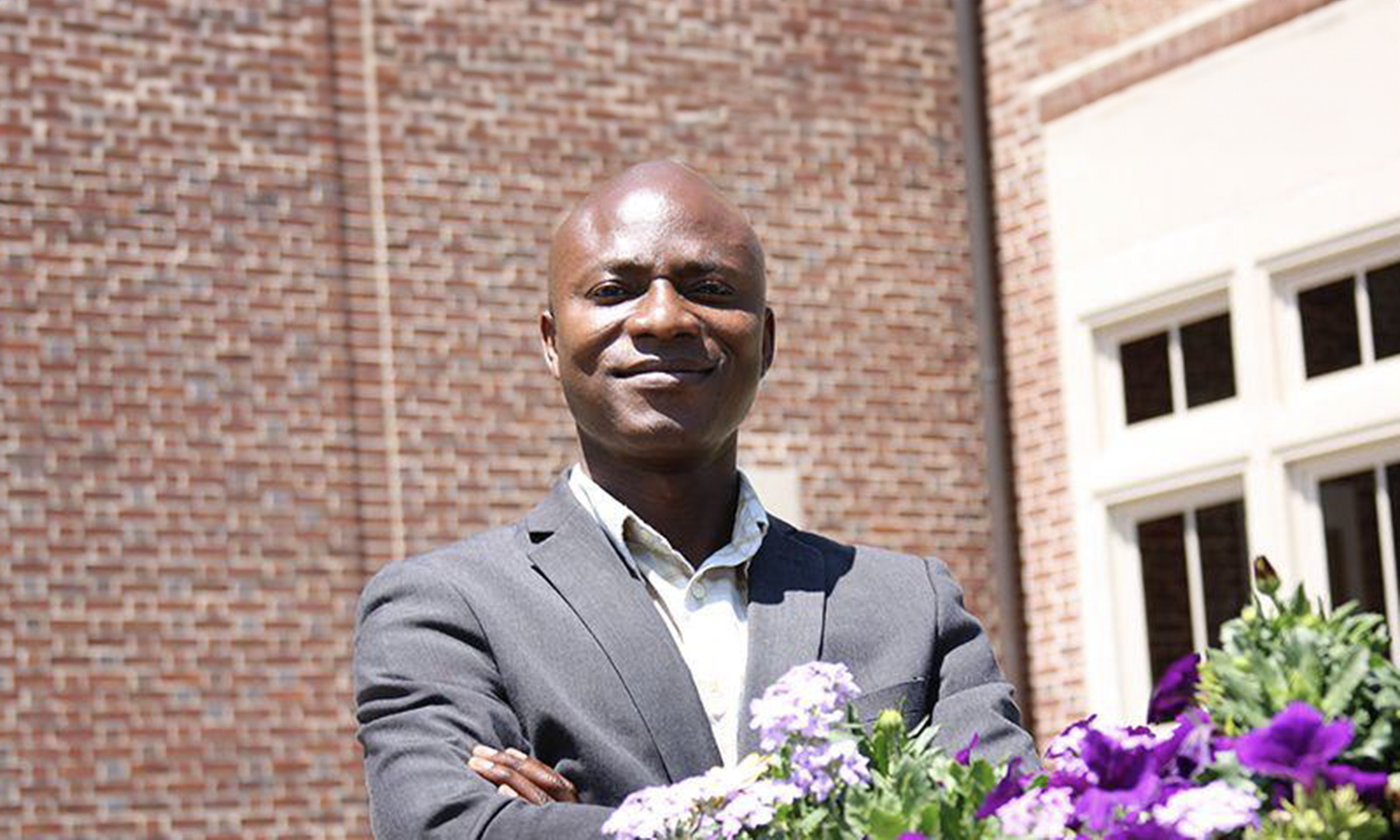
HWS News
4 September 2023 • Faculty • STEM Graham Talks Brainpower on the BBC
On the BBC’s “More or Less,” Associate Professor of Psychological Science Daniel Graham discusses how much of the brain humans actually use. (Hint: it’s more than 10 percent).
Associate Professor of Psychological Science Daniel Graham joined the BBC program “More or Less” to dispel the widely held assumption relating to how much of the brain people can access and engage.
Listen to the full segment here.
Daniel Graham, Associate Professor of Psychological Science
Graham specializes in the field of sensory and perceptual psychology, performing experimental, theoretical and computational research related to visual processing and neuronal network communication.
As he explains on “More or Less,” most neurons (between 50 and 90 percent) “don’t seem to respond, no matter how you stimulate them…. Some people would say we haven’t stimulated them in the right way yet.” However, evolutionary neurobiology suggests that because “brains can’t change as quickly as the body parts that they control over the course of evolution,” these outmoded or “dark” neurons are retained but “permanently suppressed by other neurons that prevent them from firing.”
So how much of the brain do humans use, consciously or subconsciously? Graham estimates about 50 percent at a given time.
Would accessing the other half of our brains make us smarter?
“I don’t think so,” Graham says. “I think we would be reliving our evolutionary past.”
Graham has previously written on this topic in his blog that appears in Psychology Today.
Graham is the author of An Internet in Your Head, which argues that the best metaphor for the human brain is the internet, and the Psychology Today blog, Your Internet Brain. His research spans computational and theoretical studies of natural vision coding in the retina and visual cortex, network science approaches to understanding dynamic activity on the connectome and human visual aesthetics and art-making from a statistical/computational perspective. His scholarship has appeared in Network Neuroscience, Proceedings of the National Academy of Sciences and Vision Research, among other journals. A member of the HWS faculty since 2012, he earned his B.A. in physics from Middlebury College and his M.S. in physics and Ph.D. in psychology from Cornell University.



